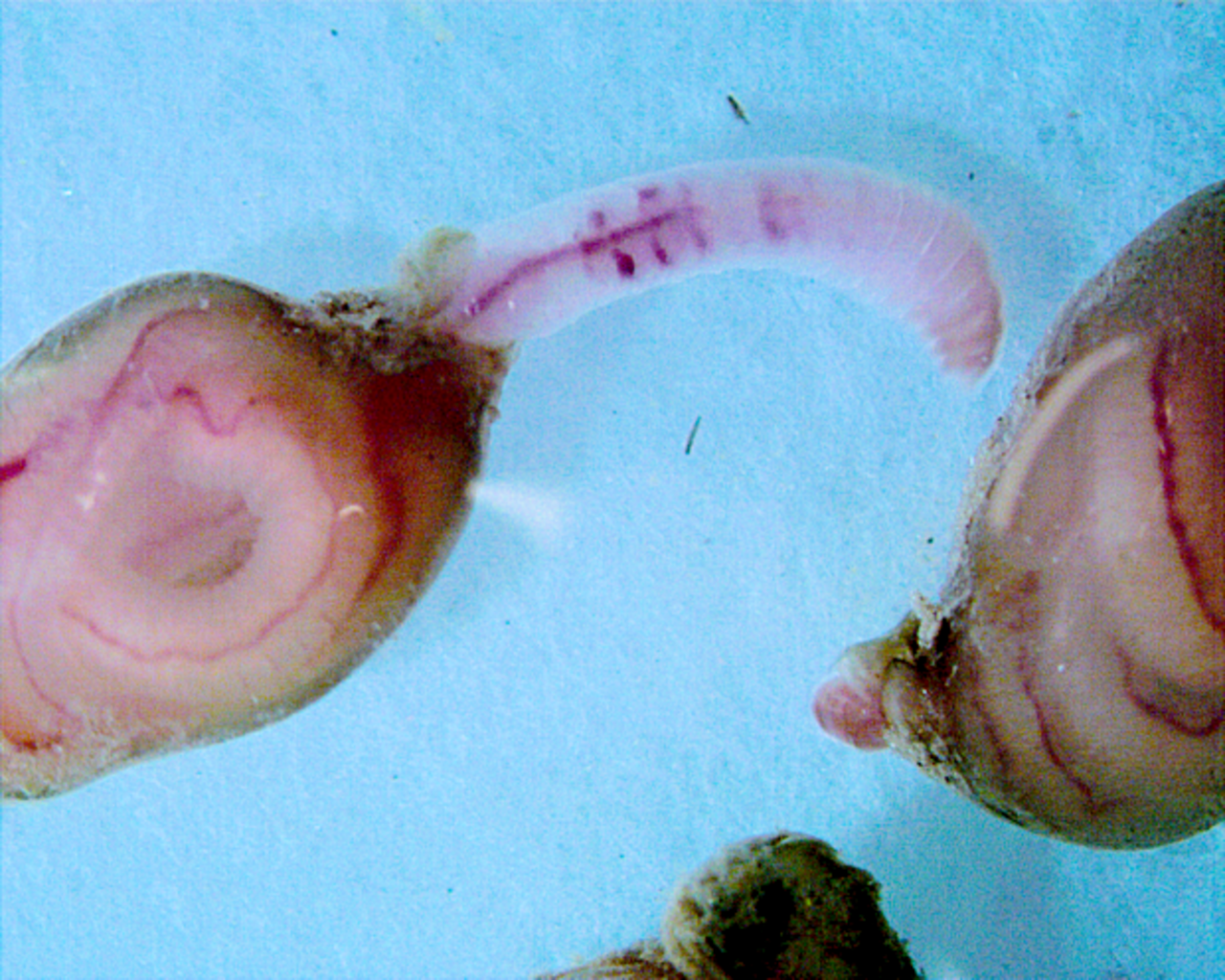Project
Earthworm-based test system applied for environmental risk assessment

Assessing and monitoring the impacts of genetically modified plants on agro-ecosystems
The present project is part of a EU consortium (AMIGA), which aims mainly at providing baseline data on biodiversity in agro-ecosystems in the EU, defining suitable bioindicators for various European regions, improving knowledge on potential long term environmental effects of genetically modified (GM) plants and testing the efficacy of the EFSA Guidance Document for the Environmental Risk Assessment (ERA) of GMPs.
Background and Objective
Compared to direct analyses of toxicities, recent findings on possible effects of GM plants on earthworms indicate that the investigation of life-history traits incl. fitness parameters are more relevant to conclude on potential long-term effects and changes in ecological functions. Furthermore, risk analyses on earthworms should not rely on common laboratory species, which are mostly irrelevant in field soils. The present study aims at developing laboratory test systems that could be used for standard testing of the impact of GM crops (here: maize and potatoes) of selected European biogeographic regions (atlantic, mediterranean and boreal) on respective focal earthworm species, defined here according to the EFSA ERA guidance document as focal species.
Approach
In a first step, earthworm species of significant functional relevance in different European bio-geographic regions will be identified. For this reason a literature survey has to be done in order to identify respective focal earthworm species as important non-target decomposers in the soil system. In a second step, the risk assessment will be conducted under constant laboratory conditions using microcosms with selected focal earthworm species, soil and residues of genetically modified crops. The risk assessment will focus on life-history traits of fitness and fertility, including longevity, biomass, developmental time (from hatch to sexual maturity), percentage of cocoon hatching, and biomass, fertility and survival of offspring.
Results
Based on condensed literature data, earthworm species, typically occurring in Irish, Spanish or Swedish arable soils, were selected as appropriate focal species for the respective biogeographical region (atlantic, mediterranean and boreal). According to the 4-step selection matrix of the EFSA Guidance Document on ERA (Environmental Risk Assessment) of GM plants, Aporrectodea caliginosa (endogeic) and Lumbricus terrestris (anecic) were selected as focal earthworm species. A laboratory ERA test system on their life-history traits has been developed and successfully applied to GM maize and GM potato.
Thünen-Contact

Involved Thünen-Partners
Involved external Thünen-Partners
- ENEA C.R. TRISAIA
(Rome, Italien) -
Lund University
(Lund, Schweden) - The Irish Agriculture and Food Development Authority - TEAGASC
(Carlow, Fermoy, Johnstown, Irland) -
INIA
(Madrid, Spanien)
Funding Body
-
European Union (EU)
(international, öffentlich)
Duration
4.2012 - 5.2015
More Information
Project status:
finished
Publications
- 0
Capelle C van, Schrader S, Arpaia S (2016) Selection of focal earthworm species as non-target soil organisms for environmental risk assessment of genetically modified plants. Sci Total Environ 548-549:360-369, DOI:10.1016/j.scitotenv.2015.12.165
- 1
Emmerling C, Strunk H, Schöbinger U, Schrader S (2011) Fragmentation of Cry1Ab protein from Bt-maize (MON810) through the gut of the earthworm species Lumbricus terrestris L.. Eur J Soil Biol 47(2):160-164, DOI:10.1016/j.ejsobi.2010.12.003
- 2
Fründ HC, Butt K, Capowiez Y, Eisenhauer N, Emmerling N, Ernst G, Potthoff M, Schädler M, Schrader S (2010) Using earthworms as model organisms in the laboratory: Recommendations for experimental implementations. Pedobiologia 53(2):119-125, doi:10.1016/j.pedobi.2009.07.002
- 3
Schrader S, Münchenberg T, Baumgarte S, Tebbe CC (2008) Earthworms of different functional groups affect the fate of the Bt-toxin Cry1Ab from transgenic maize in soil. Eur J Soil Biol 44(3):283-289, DOI:10.1016/j.ejsobi.2008.04.003

![[Translate to English:] [Translate to English:]](/media/_processed_/4/0/csm_Titel_Ant_Plot_1c3363e3f7.png)
![[Translate to English:] [Translate to English:]](/media/_processed_/b/3/csm_Titel_93px_Ant_Plot_0ef6a20d79.png)
![[Translate to English:] Logo des Bundesministerium für Ernährung und Landwirtschaft](/media/allgemein/logos/BMEL_Logo.svg)